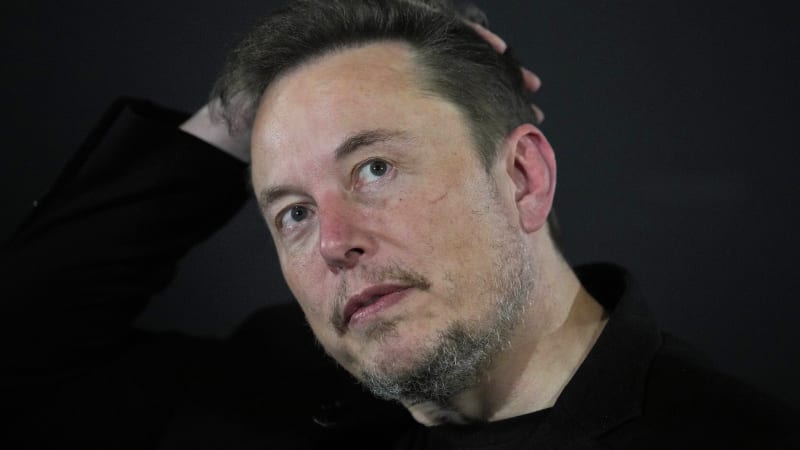After a Delaware court threw out Elon Musk’s $56 billion pay package on Tuesday, the Tesla chief executive and a board seen as captive to him must find a way to negotiate a replacement contract. It will not be easy.
The ruling is spurring on investors who for years have raised concerns about Tesla board independence. This could be a turning point for Musk, who recently said he was uncomfortable transforming Tesla into an artificial intelligence leader if he did not rise to 25% control with a new pay package.
“This throws Tesla into a complete sort of tailspin from an executive perspective,” said Tesla shareholder Ross Gerber, who said the court decision essentially required new independent board members who would provide CEO oversight. “Then it gets real messy because Elon — it’s either his way or the highway,” said Gerber, who last year publicly considered a board run as an independent.
Musk has not said what he will do, though an appeal is almost certain. Tesla shares fell about 1% on Wednesday.
First, Musk will have to give back what he got if the ruling stands. He has satisfied the 2018 contract terms and received 12 tranches of options worth ab out $51 billion.
Musk on Wednesday was worth $184 billion, according to Forbes, and has complicated finances including loans using shares as collateral. Public filings do not show whether he has taken any loans backed by the options, pay research firm Equilar said. He has not exercised the options to turn them into shares, so giving up his earnings may not be technically difficult.
Deciding what to replace the package with will be a difficult process, since it is unclear who will bargain on Tesla’s side. The judge who threw out the package called it an “unfathomable sum” that was unfair to shareholders and questioned the board’s independence.
Equilar estimated in 2022 that Musk’s package was around six times larger than the combined pay of the 200 highest-paid executives in 2021.
Delaware Judge Kathaleen McCormick said many current board directors labeled as independent by Tesla, including James Murdoch, Chair Robyn Denholm and Ira Ehrenpreis, showed a lack of independence in the pay decision.
Denholm and Ehrenpreis are on the Tesla compensation committee along with Kathleen Wilson-Thompson, who joined the board in late 2018 after shareholders approved the pay package.
“They’re going to have to refresh the board. I mean, he may not like it, but it’s going to be very hard to run this company as it did,” said Charles Elson, director of the University of Delaware’s corporate governance center.
Musk could decide to leave, he added, but in doing so he would torpedo the value of the 13% stake he holds, independent of the pay package. Even before Tesla has announced this year’s annual meeting, several shareholders already are promoting resolutions to give investors more control by moving to annual director elections and eliminating a supermajority voting requirement.
In a court hearing leading up to Tuesday’s ruling, an attorney for the shareholder who brought the case against Musk told the court that there was precedent for Tesla compensating Musk for past performance, but it had to be reasonable and go through the usual processes that the judge found were missing from the 2018 negotiations.
McCormick questioned if any pay for Musk was necessary, given his fortune swelled along with Tesla’s success, given his stake in the company.
“There are many examples of visionaries with large pre-existing equity holdings foregoing compensation entirely: Zuckerberg, Bezos, Gates, and others so familiar to the world that no first names are required,” McCormick wrote.
Musk brings a strong record into any negotiations.
Tesla’s stock market value was $53 billion when Musk’s package was approved in 2018. It was a money-losing enterprise, struggling to accelerate production of its Model 3 sedan. That was when Musk famously described Tesla as being in “production hell.”
By 2021, now profitable, having weathered the pandemic and launched the Model Y
